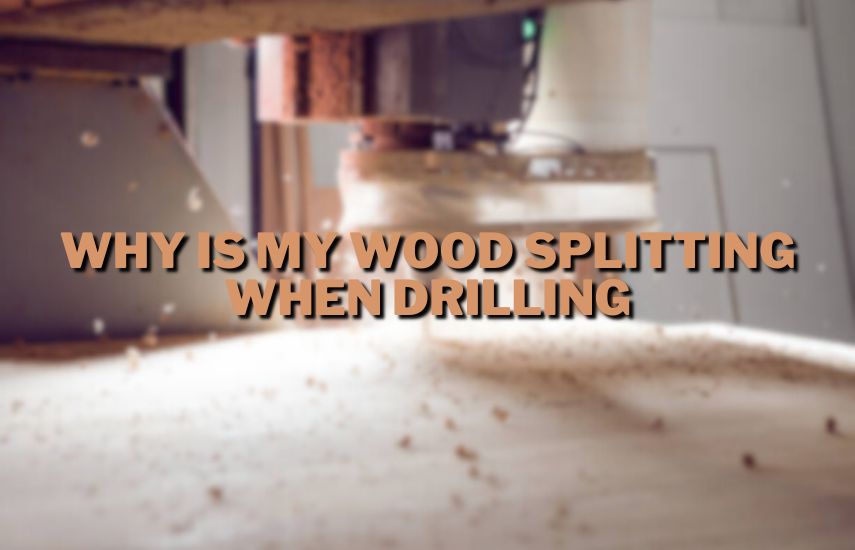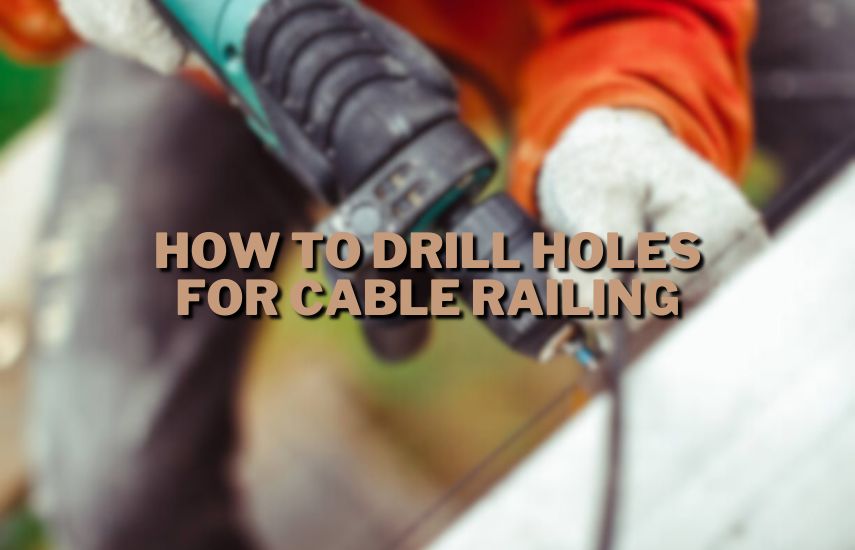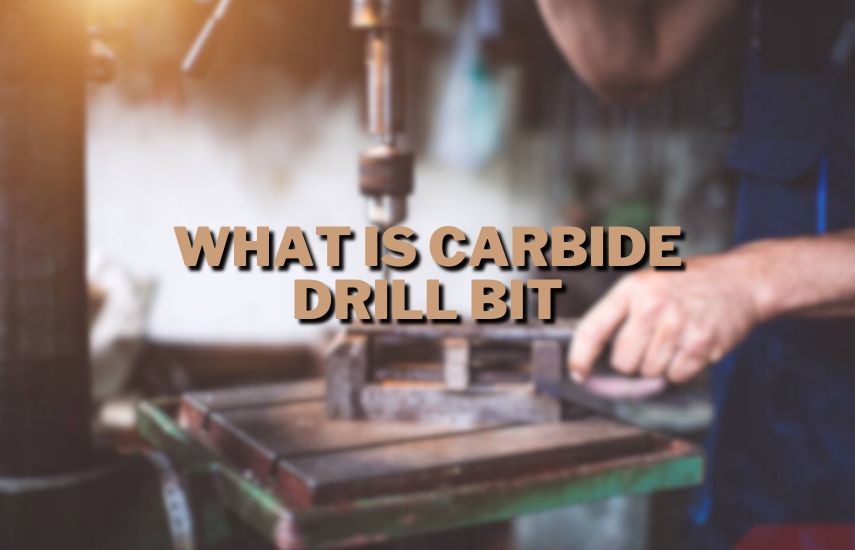If you’re diving into the world of drills, you’ve probably encountered the ongoing debate: Brushless vs. Brushed.
These two types of drills may seem similar at first glance, but they pack different punches when it comes to power, efficiency, and performance.
Brushless vs Brushed Drill: The main distinction lies in their power mechanisms—brushless drills utilize smart electronics, while brushed drills rely on carbon brushes.
Brushless drills offer superior efficiency and a longer lifespan, making them a compelling choice for demanding tasks.
Let’s unravel the mystery behind these tools and help you decide which one suits your needs best.
Brushed Drills: Tried and True Workhorses
Let’s kick things off with brush drills. These workhorses have been around for a while.
They rely on carbon brushes to transmit power to the motor’s armature, making them trusted companions for many DIY enthusiasts and professionals alike.
They’re known for their reliability and affordability, but they do have some downsides.
How do brushed motors work?
The power delivery in brushed drills happens through physical contact between the brushes and the commutator rings.
While they get the job done, this contact creates friction, leading to heat generation and wear over time.
This factor limits their efficiency and lifespan compared to their brushless counterparts.
Brushless Drills: Power and Efficiency

Now, let’s shift gears to brushless drills, the new kids on the block. These drills operate on more advanced technology without brushes.
Instead, they utilize smart electronics to direct power to the motor. This innovative design brings a whirlwind of advantages.
How do brushless motors work?
Brushless motors rely on control circuits to deliver power, eliminating the physical contact that causes heat and wear in brushed drills.
This not only makes them more efficient but also extends their lifespan significantly. Plus, they offer more power and better battery life.
Power And Performance

When it comes to sheer power and performance, brushless drills take the lead. Their efficiency and responsiveness make them the go-to choice for heavy-duty tasks.
They generate less heat, require minimal maintenance, and are typically smaller, lighter, and quieter than brushed drills.
More Responsiveness
The absence of brushes means brushless drills can adjust their power output according to the task at hand.
This responsiveness allows for smoother and more precise drilling, giving you more control over your projects.
Less Heat, Lower Maintenance
Brushless drills run cooler because they don’t have the friction that brushes do. This keeps them from burning and makes them last longer.
Additionally, they require minimal maintenance, saving you time and money in the long run.
Efficiency And Battery Life
One of the standout features of brushless drills is their energy efficiency. They make the most out of battery power, delivering more work per charge compared to brushed drills.
This efficiency translates into longer battery life, ensuring you can tackle larger projects without frequent recharges.
Cost Considerations: Making The Decision

Ah, the inevitable question: Are brushless drills worth the extra investment?
Well, their upfront cost might be higher, but the benefits they offer in terms of performance, longevity, and efficiency might just make them a smarter long-term investment.
Which drill should I choose? Brushless Vs Brushed Drill
Your decision-making process should revolve around your specific drilling needs, budget, and frequency of use.
If you’re on a tighter budget and don’t require extensive drilling, a brushed drill might serve you well.
However, if you’re diving into heavier projects or seeking longevity and performance, a brushless drill is a heartwarming choice.
Conclusion
In the battle of Brushless vs. Brushed, both sides bring their own set of advantages and disadvantages to the table.
Understanding these differences is key to making an informed choice. Consider your drilling needs, the importance of longevity and efficiency, and your budget before taking the plunge.
Whether you opt for the tried-and-true brushed drill or the efficient powerhouse of a brushless drill, make sure it aligns with your projects and requirements. Happy drilling!
FAQs
What’s the main difference between a brushless and a brushed drill?
The primary difference lies in how they’re powered: Brushless drills use smart electronics, while brushed drills rely on carbon brushes for power transmission.
Why should I consider a brushless drill over a brushed one?
Brushless drills offer better efficiency, longer lifespan, and more power due to their advanced electronics, making them ideal for heavy-duty tasks and longer projects.
Do brushless drills really last longer than brushed ones?
Yes, brushless drills tend to have a longer lifespan because they generate less heat and have fewer parts that wear out compared to brushed drills.
Are brushless drills worth the extra cost?
While brushless drills might have a higher initial cost, their superior performance, efficiency, and longevity often make them a worthwhile investment for serious DIYers and professionals.
Can I use the same batteries for both brushless and brushed drills?
In most cases, the batteries are not interchangeable between brushless and brushed drills due to differences in power requirements and design.









